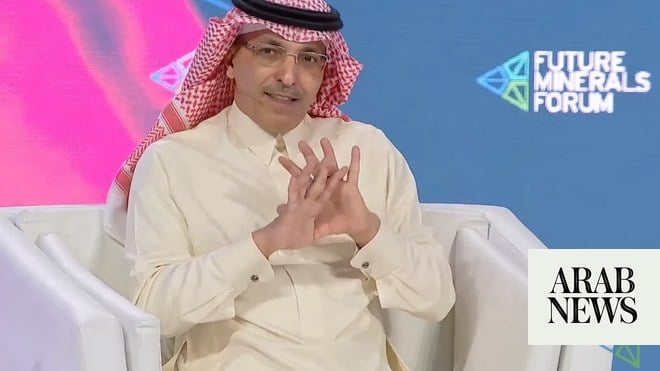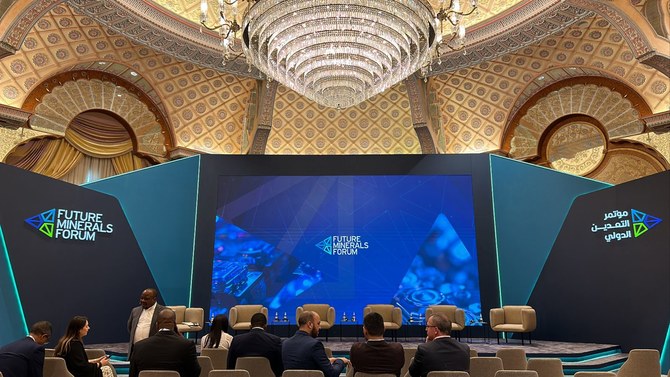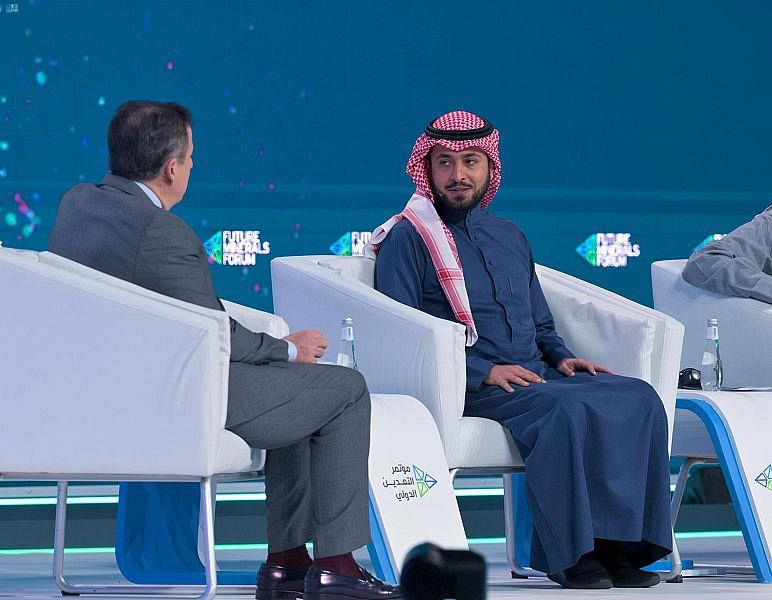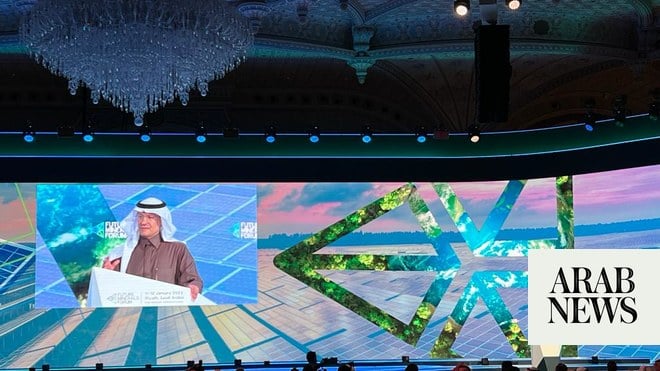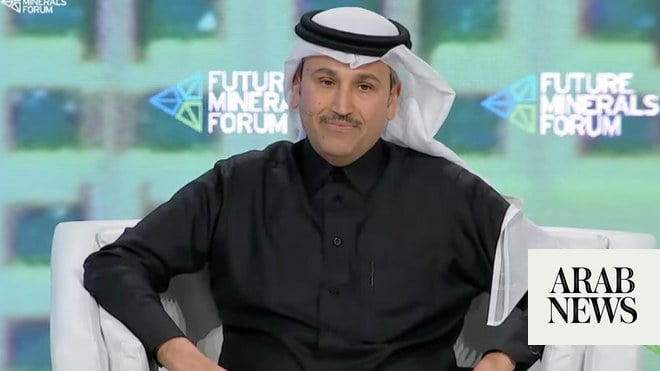
RIYADH: The critical role of Saudi Arabia’s infrastructure — be it transport, logistics, or workforce — in transforming the Kingdom’s mining as well as other sectors was widely discussed and stressed during the Future Minerals Forum that concluded on Jan. 12 in Riyadh.
In a panel discussion titled “Incrementalism versus transformation,”, Saudi leaders eased concerns relating to the rapid transformations that the Kingdom is undergoing.
“The whole country is in transformation and for that, the logistics and transport sector have to enable all this transformation,” said the Minister of Transportation and Logistics Services, Saleh Al-Jasser.
The minister who sounded very confident said that today and more so in the future, transport and logistics are something that is going to have “a competitive edge” for the mining industry in Saudi Arabia.
“We currently enjoy a very strong infrastructure in Saudi Arabia when it comes to ports, railways, and roads.”
The Kingdom is currently ranked first when it comes to road connectivity and has an abundant capacity when it comes to ports.
“Our ports have been ranked on top of the list by the World Bank when it comes to handing TAUs,” said Al-Jasser, adding that King Abdullah economic city port was ranked No. 1.
Jeddah Islamic port was ranked eighth globally, moving up from the 53rd position in one year while King Abdulaziz port moved to 14 from 98.
He stressed that this big leap was feasible as a result of a process of vigorous and large-scale reforms that have taken place in the Kingdom — whether regulatory reforms, infrastructure reforms, or collaborations.
According to Al-Jasser, one of the game-changer projects in the national transportation and logistics strategy is the railway that connects east to west, “which will be a major enabler to the mining sector.”
“Road network is already very well built. It can support all the expansion that the mining sector is aspiring to achieve,” he added.
Another complementary factor to Saudi Arabia’s transformation is the growing workforce, largely backed by the recent increase in female labor participation.
“We actually achieved our aspirations of 2030 when it comes to the percentage of women employed in the sector,” the minister said.
“The vision 2030 number is 35 percent of the workforce to be composed of women by 2030. Today, that figure stands at 37 percent,” stated Osama Al-Zamil, the vice-minister for Industry Affairs.
He noted that Saudi Arabia registered a 14 percent increase in new Jobs last year, adding that the aim is to increase the number of factories in the Kingdom from 10,500 at present to 36,000 by 2035.
The minister insisted that there exists a “bright future in the mining sector” which is capable of transforming social benefit through the exploitation of $1.3 trillion worth of mineral resources.
Saudi leaders agreed that mineral resources are indispensable for the future of the Kingdom as these are expected to double the employment rate while providing tens of thousands of high-quality jobs, in addition to tracking mega investments worth $350 billion.
“One of the biggest strategies being launched by HRH Crown Prince last year was the national industrial strategy which will work hand in hand with the national mining strategy on exploiting those $1.3 trillion of mineral resources available in our country,” said Al-Zamil.
He pointed out that the ministry of industry and mineral resources is following the Crown Prince who said: "We have all the capabilities we need to enable a competitive and sustainable industry economy, from ambitious young talents and distinguished geographical location, rich natural resources, and the presence of leading national industrial companies.”





